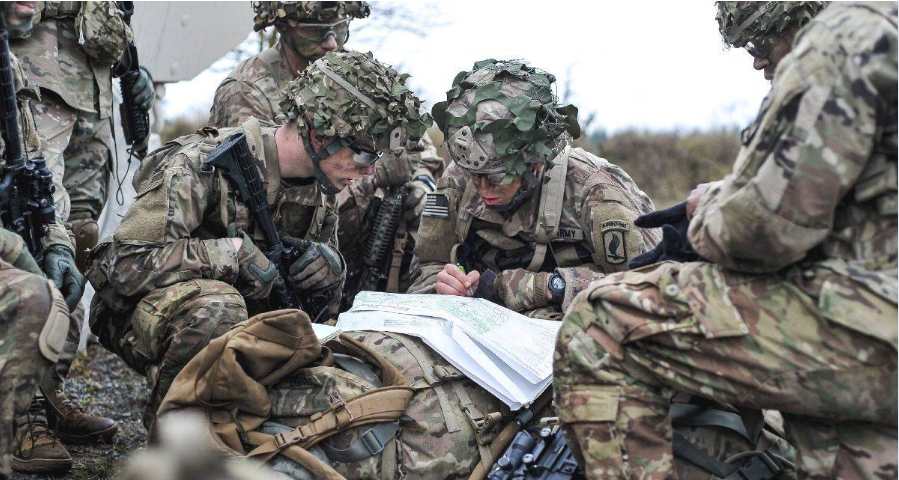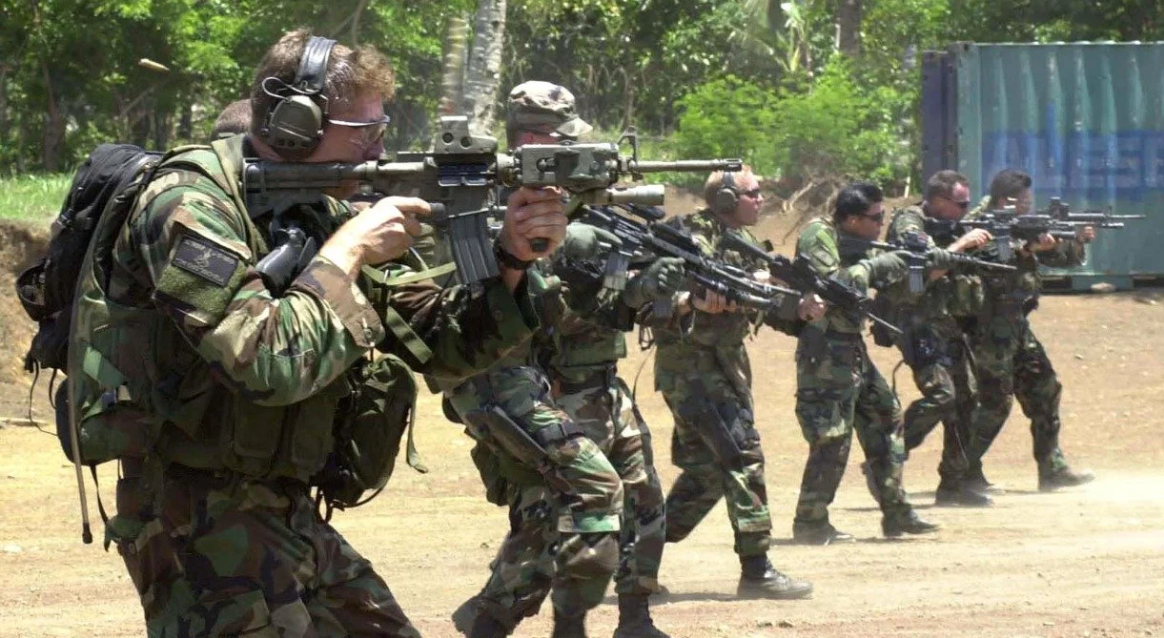Understanding Special Operations: Insights into Elite Military Units and Their Impact
In modern military affairs special forces provide a crucial presence. Indeed, their unique capabilities, particular training and far-reaching influence have now become a normative feature of modern warfare. This small group of highly trained troops takes on tasks that require accuracy and rapid action. The processes they use are their own secret; they often function in completely different ways and, indeed, conduct their work under conditions where conventional forces would not be up to the job. Knowing the nature of special operations, as well as what they represent within the wider military picture, may provide useful insights.
Special Operations Forces’ Capabilities and Assignments
Special operations possess specialized capabilities to meet the specific needs of different mission profiles. Troops in these units must undergo very rigorous selection courses and take extensive training if they are to perform well at direct action (surgical strikes on enemy targets), special reconnaissance (gathering intelligence behind enemy lines), unconventional warfare (supporting insurgencies), counter-terrorism (Eliminating terrorist threats), and foreign internal defense (training other peoples’ forces). Special operations forces are capable of operating covertly or with a very light logistical signature. They are able to achieve objectives with precision and speed.
Strategic Impact, Operational Flexibility
Special operations strategic impact is not just confined to purely tactical successes. Their work often takes place in complex, adventurous environments where conventional military forces scarce survive. They are flexible, adaptive, nimble: they may quickly respond to unexpected threats, act promptly when circumstances demand it, and time their operations with the utmost precision. Special operations forces are critical to overwhelming strategic surprise, disrupting the enemy ‘s plans to conduct operations that are vital for conventional forces. In these types of conflicts special skills in unconventional warfare and counterinsurgency are absolutely indispensable.
Training and Readiness Standards
Special operations units have a heavy-duty training program. We hope this can Advancing tactics | tk* advance elite capabilities and promote the highest standard of quality. Those wishing to be candidates for the commandos are put through thorough physical training, special technique courses, language ability exercises and psychological endurance tests. The selection process is rigorous, This ensures that there only goes in the most proficient personnel to fill these demanding posts. Continuous training, readiness evaluations and combat experience keep special-operations forces on a razor’s edge of operational readiness and preparedness to meet any new threats or changing operational demands.
Integration with Conventional Forces:
For the purpose of making the best use of operations and achieving mission success it is essential to integrate special operations forces with conventional military units. Special forces often work in close conjunction with conventional forces to exploit their unique capabilities while drawing upon the hands to relieve tired shoulders, the enormous integral firepower of larger formations and all-around facilities for support logistics. Joint operationsnot simply one service operations-require installed capacity marking, staff components removed from regional authorities as soon as they start to overlap with each other and effort mesh. By merging military powers over land sea air, we are able to view the overall function more clearly.
Ethical and Legal Considerations
The utilization of special operations forces raises ethical and legal issues, especially concerning the application of operations in conformity with international humanitarian law and rules of engagement. Various kinds of Special Operations often work in the midst of politically sensitive environments, going beyond one s own immediate circumstances point out this danger or alertness reminder. You must then observe laws which require clear distinctions regarding what is legal and lawful behavior. The principles of respecting life, avoiding serious harm to innocent people within limits already set by the nature (or form) of warfare; suddenly become less clear.
Conclusion
Therefore, rendition. Special operations forces play a crucial role in modern military strategy, having capabilities that are markedly different from and complement normal military operations. With their special skills, operational flexibility, and strategic influence, they are indispensable in addressing complex security situations. They can counter asymmetric threats only through their unique advantages; and they achieve goals in both tactics yet maintain a keen sense of strategy and efficiency. As the global security situation gets ever more complex, we need to understand the role and contribution of special operations forces so that politicians, soldiers and the public alike can perform well on today’s battlefields. This is one of the keys to protecting our national interests effectively.










